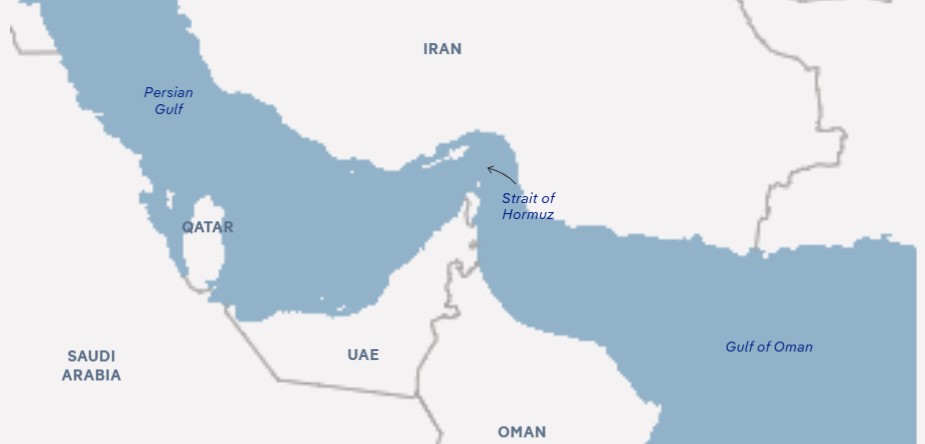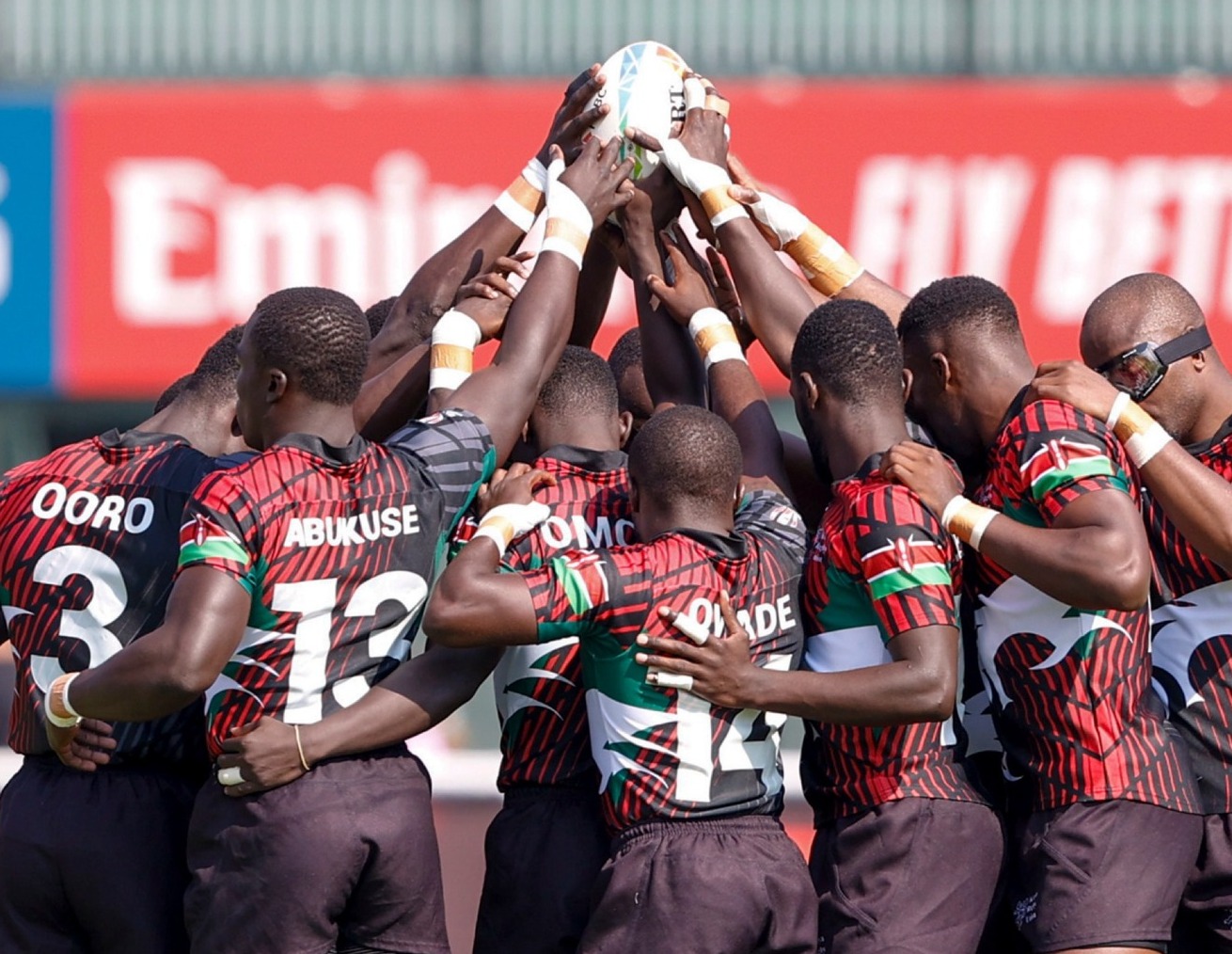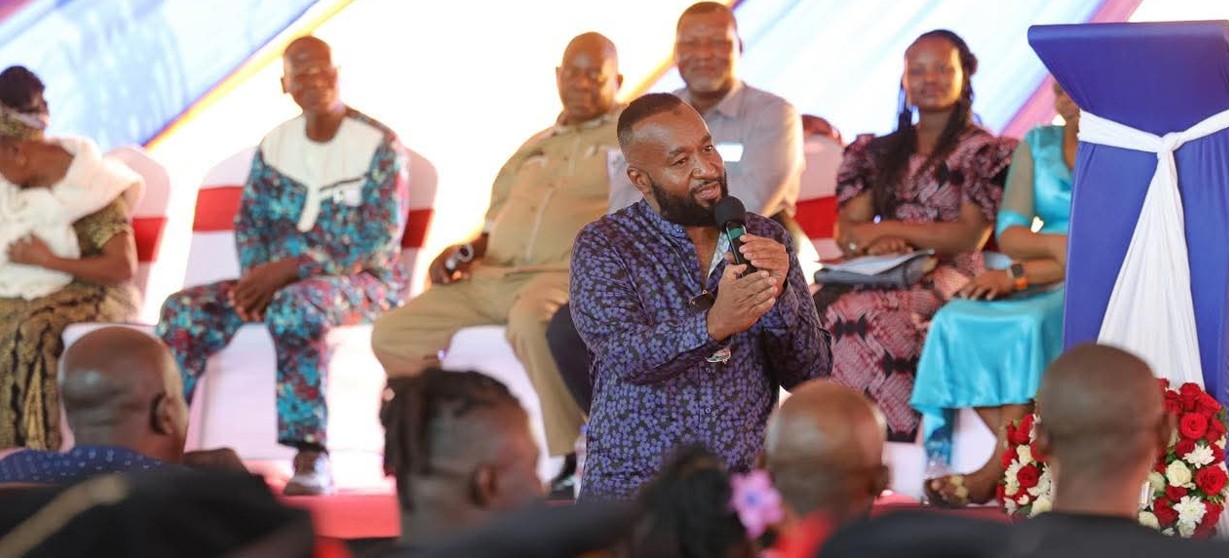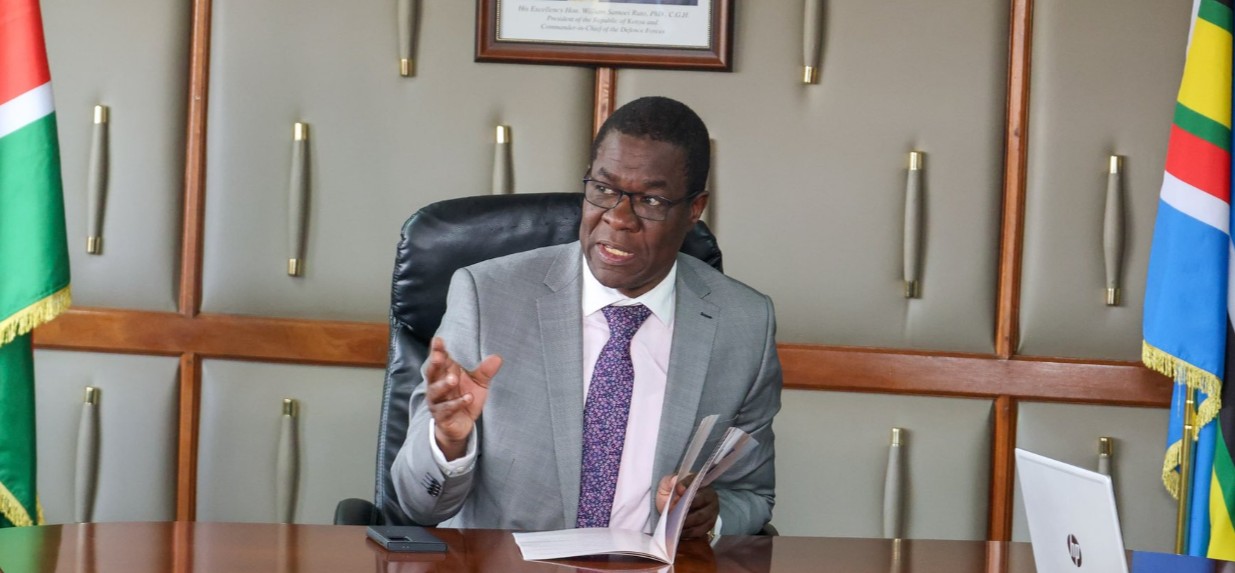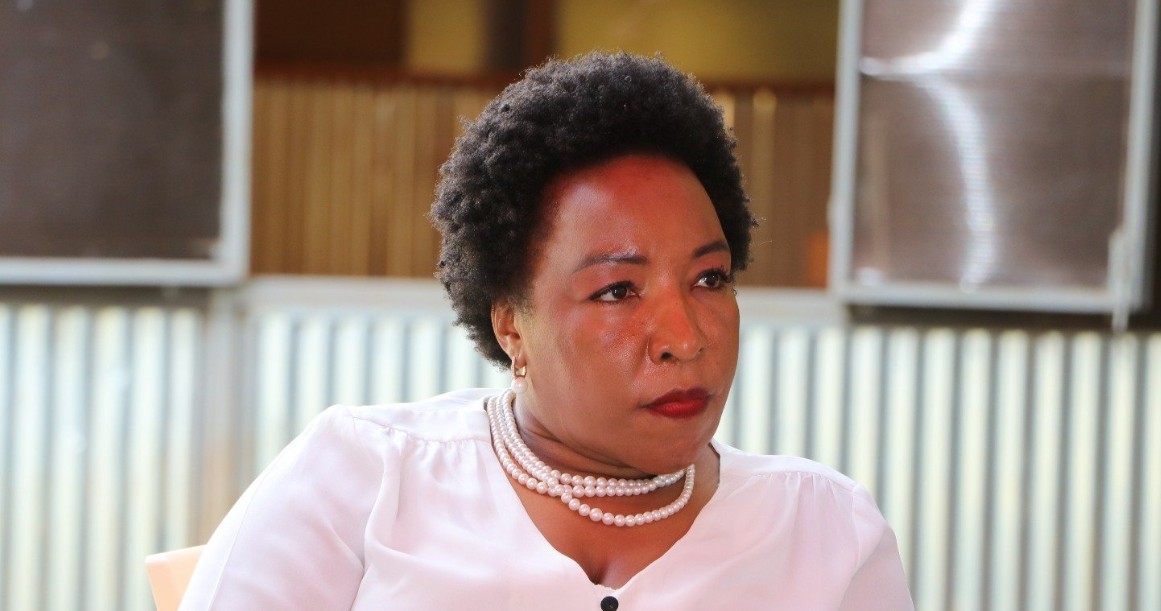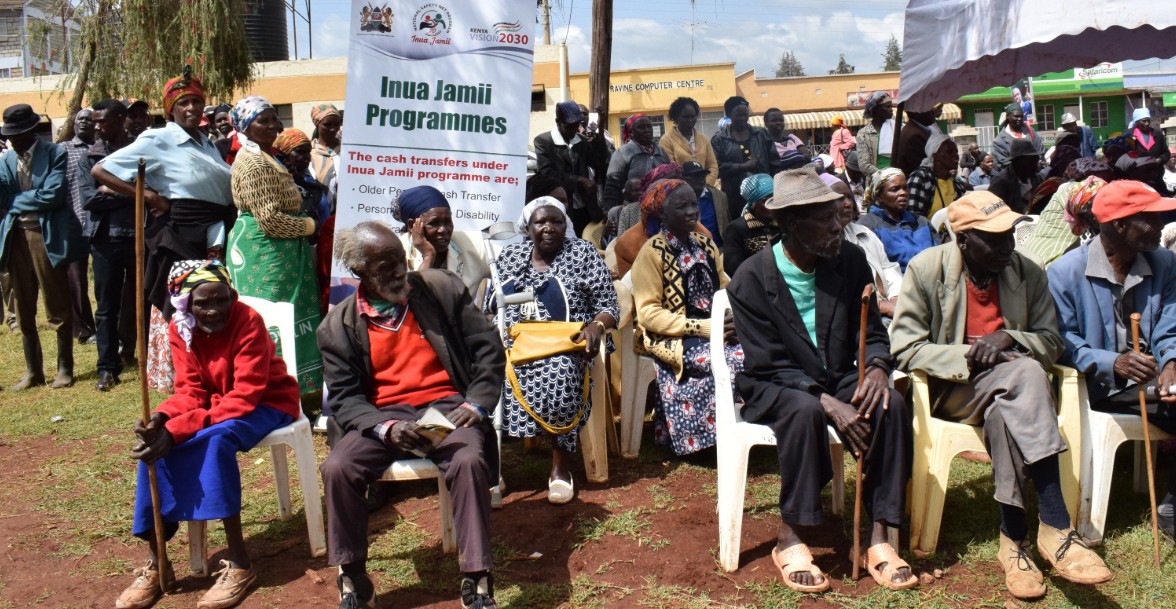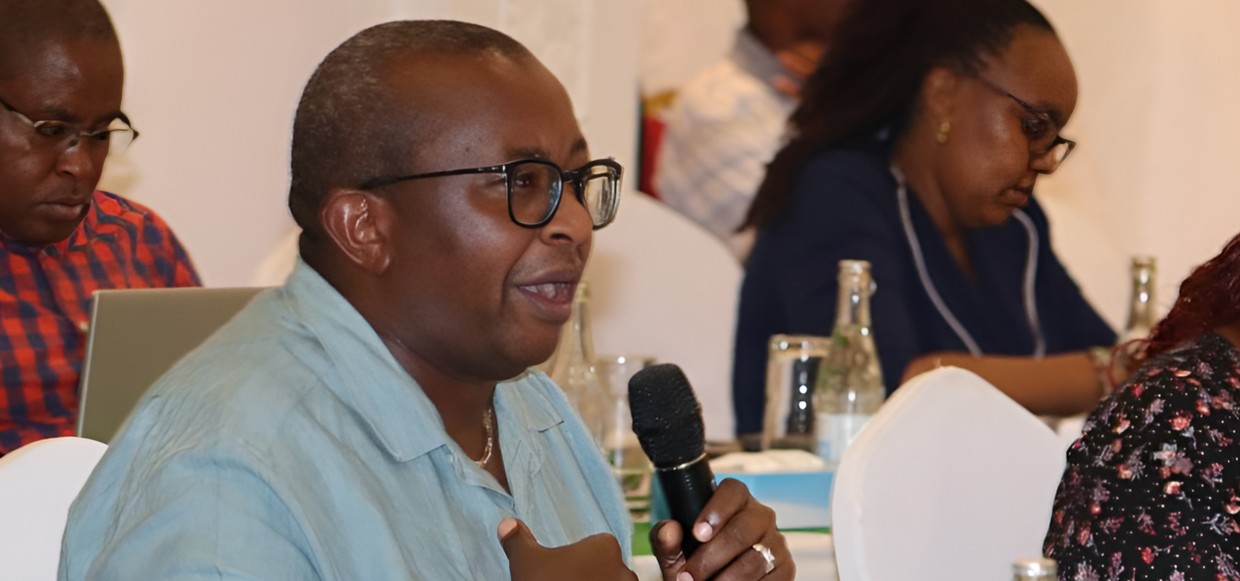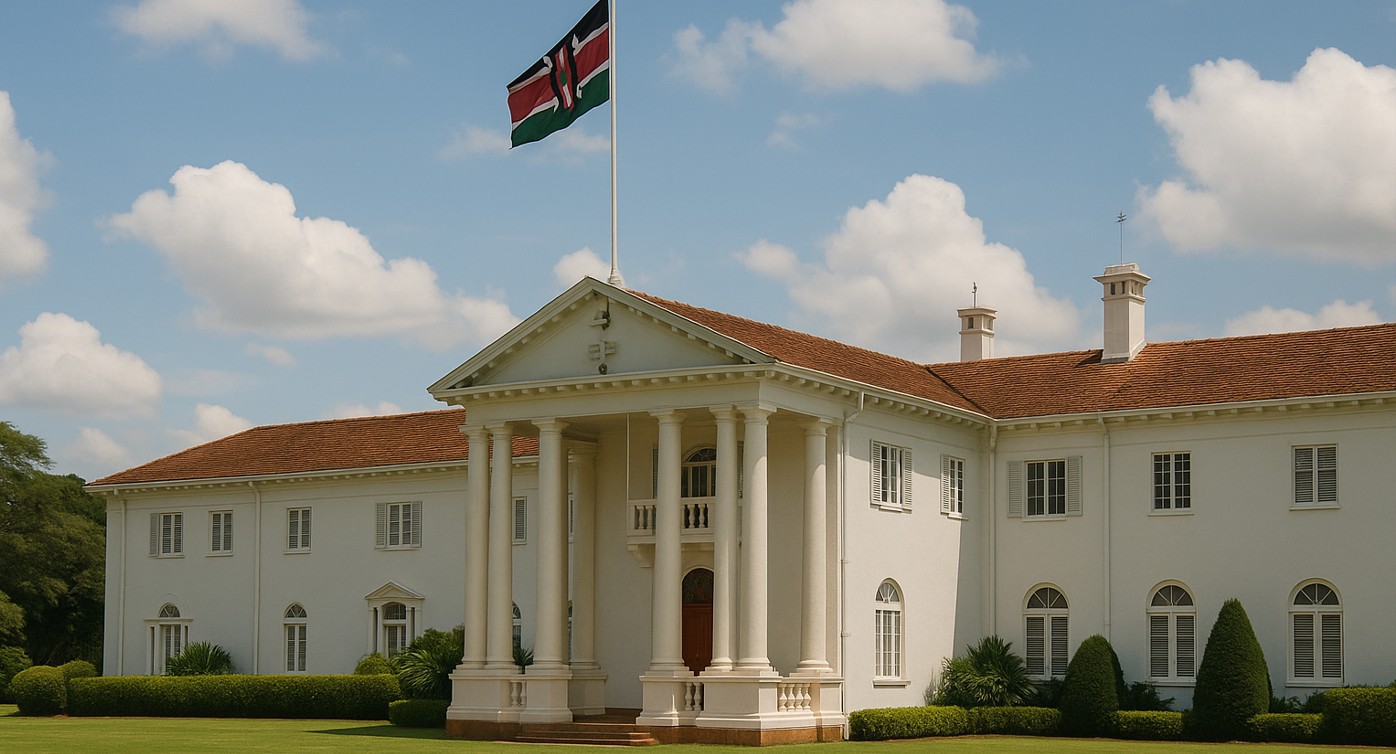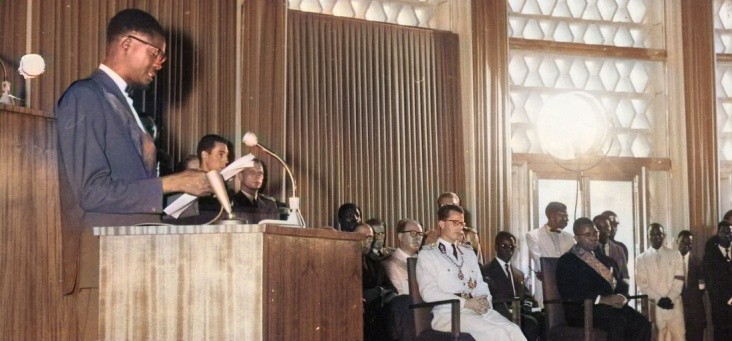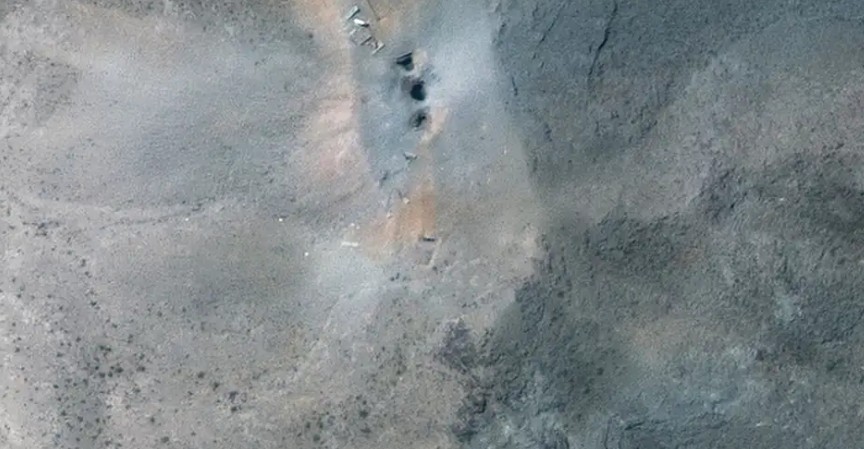Starlink faces higher costs as Kenya proposes new satellite licence fees
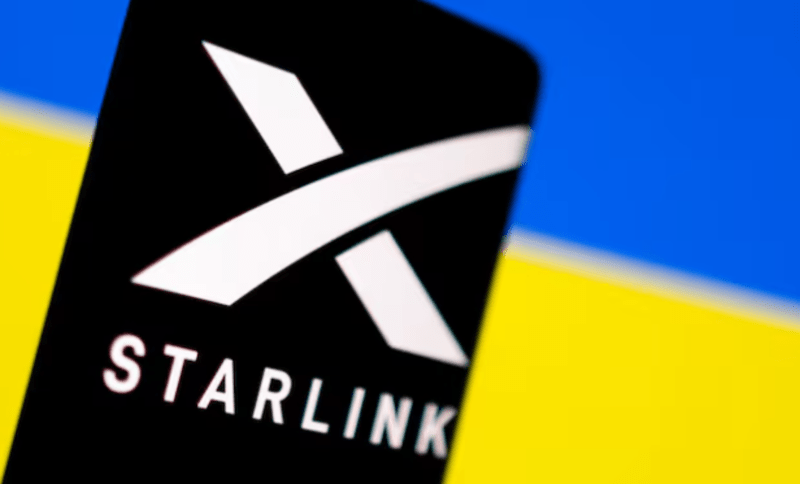
The changes are outlined in the Review of the Telecommunications Market Structure 2024, a document currently under public scrutiny. Stakeholders have until January 23, to submit their feedback, with the CA aiming to implement the new regulations in the 2025/2026 financial year.
Starlink users in Kenya could see increased costs as the government moves to raise licence fees for satellite communication service providers.
The Communications Authority of Kenya (CA) has proposed revising the Satellite Landing Rights (SLR) licence, which companies must obtain to operate locally.
More To Read
- Elon Musk confirms successful deployment of 28 new Starlink satellites, expanding global coverage
- Airtel Africa partners with SpaceX to bring Starlink internet to Kenya and beyond
- Starlink goes live in DRC as government reverses ban on Musk’s satellite service
- Ugandan President Yoweri Museveni meets Starlink to discuss entry to East African nation
- Bezos vs Musk: Amazon's satellite internet takes on SpaceX's starlink
- Kenya's TV, radio stations ordered to cut betting content within 14 days
Under the new proposals, the initial SLR licence fee would rise from $12,500 (approximately Sh1.6 million) to Sh15 million. Additionally, the regulator seeks to introduce an annual operating fee of Sh4 million or 0.4 per cent of a company’s annual gross turnover, whichever is higher.
The changes are outlined in the Review of the Telecommunications Market Structure 2024, a document currently under public scrutiny. Stakeholders have until January 23, to submit their feedback, with the CA aiming to implement the new regulations in the 2025/2026 financial year.
The regulator says the review aims to eliminate “market entry and operational barriers” and proposes merging the SLR licence with the Submarine Cable Landing Rights (SCLR) licence to create a new category called the Landing Rights Licence (LRL).
The new licence would cover terrestrial cables transiting through Kenya, satellite hubs serving clients outside the country, and other satellite services, such as telemetry and meteorological aids.
“This change aims to ensure technology neutrality and expand its scope to accommodate investors,” the CA said.
Under the new framework, companies will pay a Sh5,000 application fee for a licence valid for 15 years, in addition to the initial and annual fees.
The proposed changes come amid growing competition in Kenya’s internet market following Starlink’s entry in July 2023. Owned by billionaire Elon Musk, the American satellite internet provider has challenged established players like Safaricom, Telkom, Zuku, and Faiba, which primarily rely on fibre-optic technology.
Starlink has attracted customers with competitively priced packages and faster speeds, making it the country’s tenth-largest internet service provider (ISP) with over 8,000 subscribers as of June 2024, according to CA data. However, the company paused new subscriptions in November in Nairobi, Kiambu, Machakos, Narok, Murang’a, and Nakuru, citing network capacity issues due to high demand.
Safaricom, which dominates Kenya’s fixed broadband market with a 36.7 per cent share, has expressed concerns about the entry of satellite providers. In June 2024, the telecom giant urged the CA to re-evaluate its licensing of such companies, warning of illegal connections and potential interference with mobile networks.
“We propose that the CA mandate satellite providers operate only through agreements with existing local licensees,” Safaricom said in a letter to the regulator.
The company argued that satellite services could disrupt mobile networks and harm end users without effective management and coordination. Safaricom CEO Peter Ndegwa later clarified that the company was open to partnerships with Starlink but emphasised that satellite services should focus on underserved areas.
“Satellite adds or complements other technologies. What we’re telling the regulator is that satellite should benefit the country by covering areas not currently served, rather than competing in urban centres,” Ndegwa said in an interview.
He added that while competition was not a concern, the two technologies needed to coexist effectively.
President William Ruto has welcomed Starlink’s entry into Kenya, commending its role in spurring competition and improving services from existing providers.
Other satellite providers operating in Kenya include U.S.-based Vizocom and Viasat, Germany’s NTvsat, and Skynet by Telkom.
The new licence proposals are expected to shape the future of satellite internet services in Kenya, balancing the need for innovation with regulatory and operational challenges.
Top Stories Today


